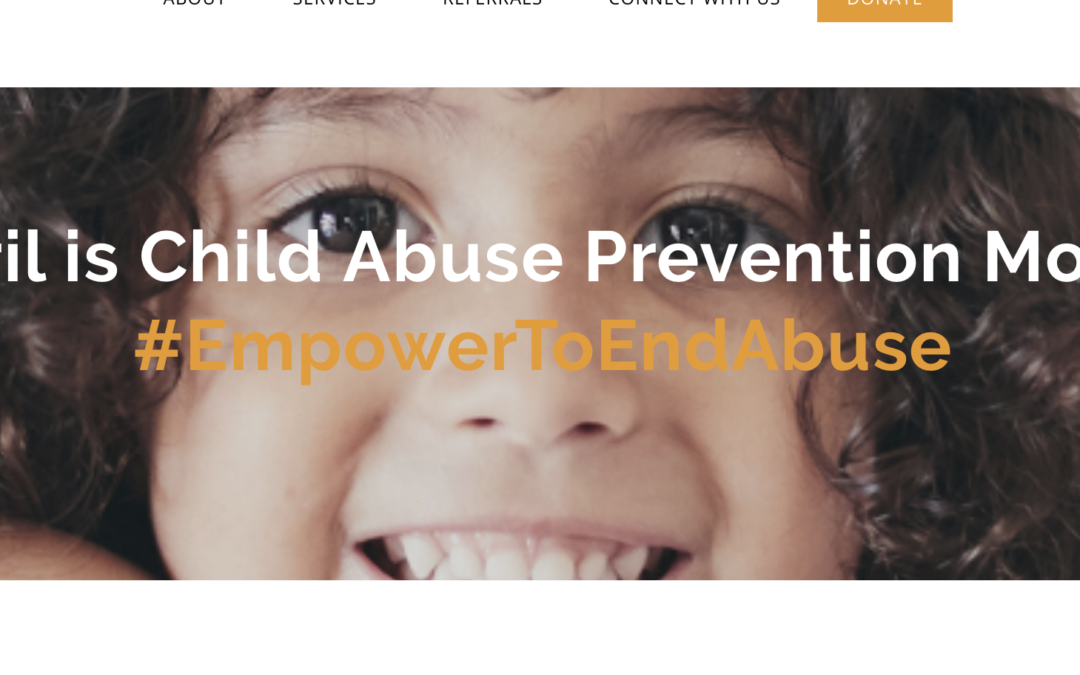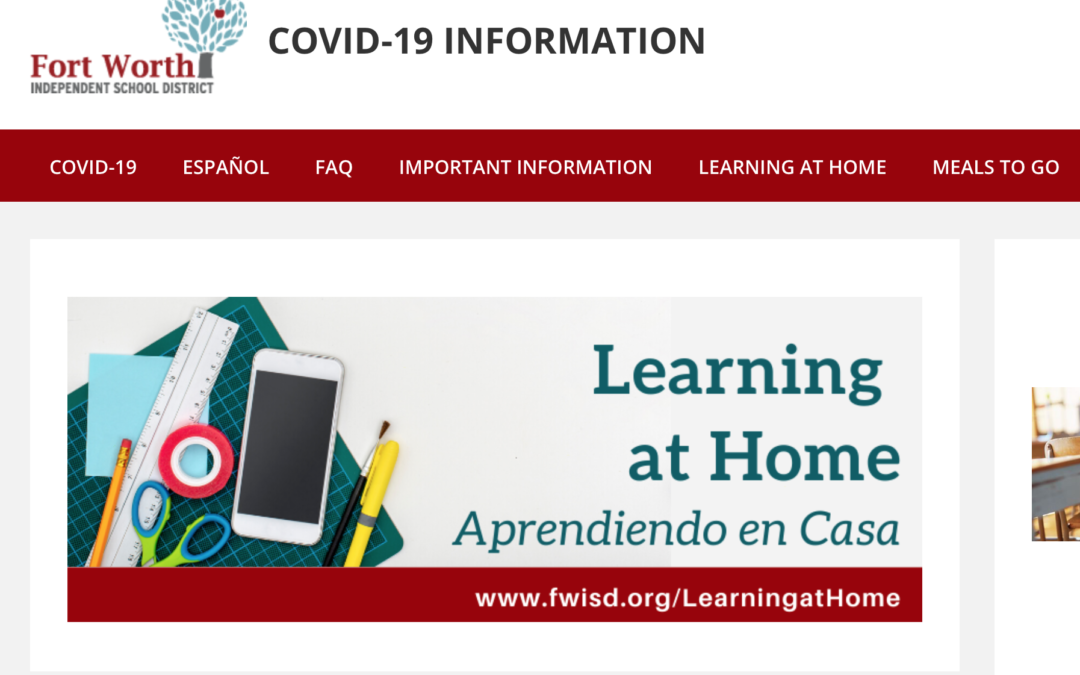by Media | Apr 23, 2020 | COVID-19 Updates, News, White House |
President Trump has unveiled Guidelines for Opening Up America Again, a three-phased approach based on the advice of public health experts. These steps will help state and local officials when reopening their economies, getting people back to work, and continuing to protect American lives.
Proposed Phased Approach:
- BASED ON UP-TO-DATE DATA AND READINESS
- MITIGATES RISK OF RESURGENCE
- PROTECTS THE MOST VULNERABLE
- IMPLEMENTABLE ON STATEWIDE OR COUNTY-BY-COUNTY BASIS AT GOVERNORS’ DISCRETION
Learn more at this link: https://www.whitehouse.gov/openingamerica/
by Media | Apr 16, 2020 | COVID-19 Updates, News |
See below for detailed information and resource links mentioned in today’s email. If you are a pastor church leader or nonprofit and want to get on our email list, please contact us and we’ll add you. Don’t forget that you can list your volunteer opportunities with the ServeBridge community. It’s free and very easy. Learn more here…
Please share any information you think would be helpful to this group and our community by emailing us.
-
Information to Help and Protect Seniors:
Inspector general warns about new Social Security benefit suspension scam
Collaborative new program to serve seniors during COVID-19 crisis
-
North Texas Cares – Grant Application site for nonprofits:
They are creating a pool based on crisis/critical needs and funding that is available. They are selecting what they are assessing as the most critical and allocating funds to those organizations first. Grants are NOT guaranteed. But, I think its worth applying if your nonprofit is providing emergency services. Please be patient with them if you apply. Link: https://northtexascares.org
-
Responding to Needs of Workers and Employers
Link: County Judge Quarterly (PDF w/ resource links)
-
Trauma (TBRI) Trainings for congregants, nonprofits and volunteers:
Serve those with PTSD and complex trauma by learning Trauma Informed Care. My team and I along with hundreds of others in our community have benefited from these trainings. Whether you are interacting with a trafficking or domestic violence victim or a veteran with PTSD, being Trauma Informed is valuable.
Free TBRI training (KARYN PURVIS INSTITUTE OF CHILD DEVELOPMENT) – Trauma Informed Care (PTSD) Free Access: TBRI 101 Link here
-
Human Trafficking does not stop because of COVID19.
UnBound is offering some educational trainings to help combat trafficking in our communities. Link: UnBound Human trafficking training (PDF of schedule)
-
First Amendment and religious freedom
Join First Liberty Institute attorneys every Friday for an in-depth look at the legality of state-mandated restrictions and your right to live out your faith. First Liberty Friday Conference Calls: Learn more here…
Dial (877)-743-5428 to join the call at 12 PM, Noon (EST) every Friday.
“Trust in the Lord, and do good; dwell in the land and befriend faithfulness. Delight yourself in the Lord, and he will give you the desires of your heart.” (Psalm 37:3-4)
by Media | Apr 13, 2020 | City of Fort Worth, COVID-19 Updates, News |
Posted April 9, 2020 People searching for ways to cope with coronavirus-related anxiety and depression may resort to alcohol or drug use.
A terrible triad – trauma, isolation and lack of structure – is driving more people to drink alcohol and use drugs.
Unemployment, lack of health insurance and fear of the unknown are just of few of the traumas people are dealing with amid COVID-19. People are searching for ways to cope with the anxiety, depression and feelings of hopelessness, said Susan Franks, associate professor of family medicine at University of North Texas Health Science Center at Fort Worth.
For many people that’s alcohol or drugs. Read more here…
Source: University of North Texas Health Science Center at Fort Worth.
by Media | Apr 6, 2020 | Department of the Treasury, IRS, News, Relief Funds |
Updated with new information for seniors, retirees on April 1, 2020. Also see Treasury news release.
Check IRS.gov for the latest information: No action needed by most people at this time
IR-2020-61, March 30, 2020
WASHINGTON — The Treasury Department and the Internal Revenue Service today announced that distribution of economic impact payments will begin in the next three weeks and will be distributed automatically, with no action required for most people. However, some taxpayers who typically do not file returns will need to submit a simple tax return to receive the economic impact payment.
Who is eligible for the economic impact payment?
Tax filers with adjusted gross income up to $75,000 for individuals and up to $150,000 for married couples filing joint returns will receive the full payment. For filers with income above those amounts, the payment amount is reduced by $5 for each $100 above the $75,000/$150,000 thresholds. Single filers with income exceeding $99,000 and $198,000 for joint filers with no children are not eligible. Social Security recipients and railroad retirees who are otherwise not required to file a tax return are also eligible and will not be required to file a return.
Eligible taxpayers who filed tax returns for either 2019 or 2018 will automatically receive an economic impact payment of up to $1,200 for individuals or $2,400 for married couples and up to $500 for each qualifying child.
How will the IRS know where to send my payment?
The vast majority of people do not need to take any action. The IRS will calculate and automatically send the economic impact payment to those eligible.
For people who have already filed their 2019 tax returns, the IRS will use this information to calculate the payment amount. For those who have not yet filed their return for 2019, the IRS will use information from their 2018 tax filing to calculate the payment. The economic impact payment will be deposited directly into the same banking account reflected on the return filed.
The IRS does not have my direct deposit information. What can I do?
In the coming weeks, Treasury plans to develop a web-based portal for individuals to provide their banking information to the IRS online, so that individuals can receive payments immediately as opposed to checks in the mail.
I am not typically required to file a tax return. Can I still receive my payment?
Yes. The IRS will use the information on the Form SSA-1099 or Form RRB-1099 to generate Economic Impact Payments to recipients of benefits reflected in the Form SSA-1099 or Form RRB-1099 who are not required to file a tax return and did not file a return for 2018 or 2019. This includes senior citizens, Social Security recipients and railroad retirees who are not otherwise required to file a tax return.
Since the IRS would not have information regarding any dependents for these people, each person would receive $1,200 per person, without the additional amount for any dependents at this time.
I have a tax filing obligation but have not filed my tax return for 2018 or 2019. Can I still receive an economic impact payment?
Yes. The IRS urges anyone with a tax filing obligation who has not yet filed a tax return for 2018 or 2019 to file as soon as they can to receive an economic impact payment. Taxpayers should include direct deposit banking information on the return.
I need to file a tax return. How long are the economic impact payments available?
For those concerned about visiting a tax professional or local community organization in person to get help with a tax return, these economic impact payments will be available throughout the rest of 2020.
Where can I get more information?
The IRS will post all key information on IRS.gov/coronavirus as soon as it becomes available.
The IRS has a reduced staff in many of its offices but remains committed to helping eligible individuals receive their payments expeditiously. Check for updated information on IRS.gov/coronavirus rather than calling IRS assistors who are helping process 2019 returns.

by Media | Apr 3, 2020 | Child Abuse Prevention, City of Fort Worth, News |
Join us in spreading awareness throughout the month of April!
#EmpowerToEndAbuse
What is Child Abuse?
Child abuse is the mistreatment of a child that results in harm or injury. There are four basic types of child abuse. Children being abused are likely to experience more than just one type of abuse.
Raise awareness and learn how you can prevent child abuse here…

by Media | Apr 2, 2020 | City of Fort Worth, Emergency Meals, FWISD, News, Schools |
Fort Worth ISD has researched the available resources that provide food and supplies to students and families in Fort Worth during this challenging time. The District is working with the Tarrant Area Food Bank, churches, and other dedicated partner organizations to help families meet their nutritional and health needs. The City of Fort Worth, Boys and Girls Club, YMCA and other groups are also working hard to provide meals-to-go and boxes of food to families. Read more…


